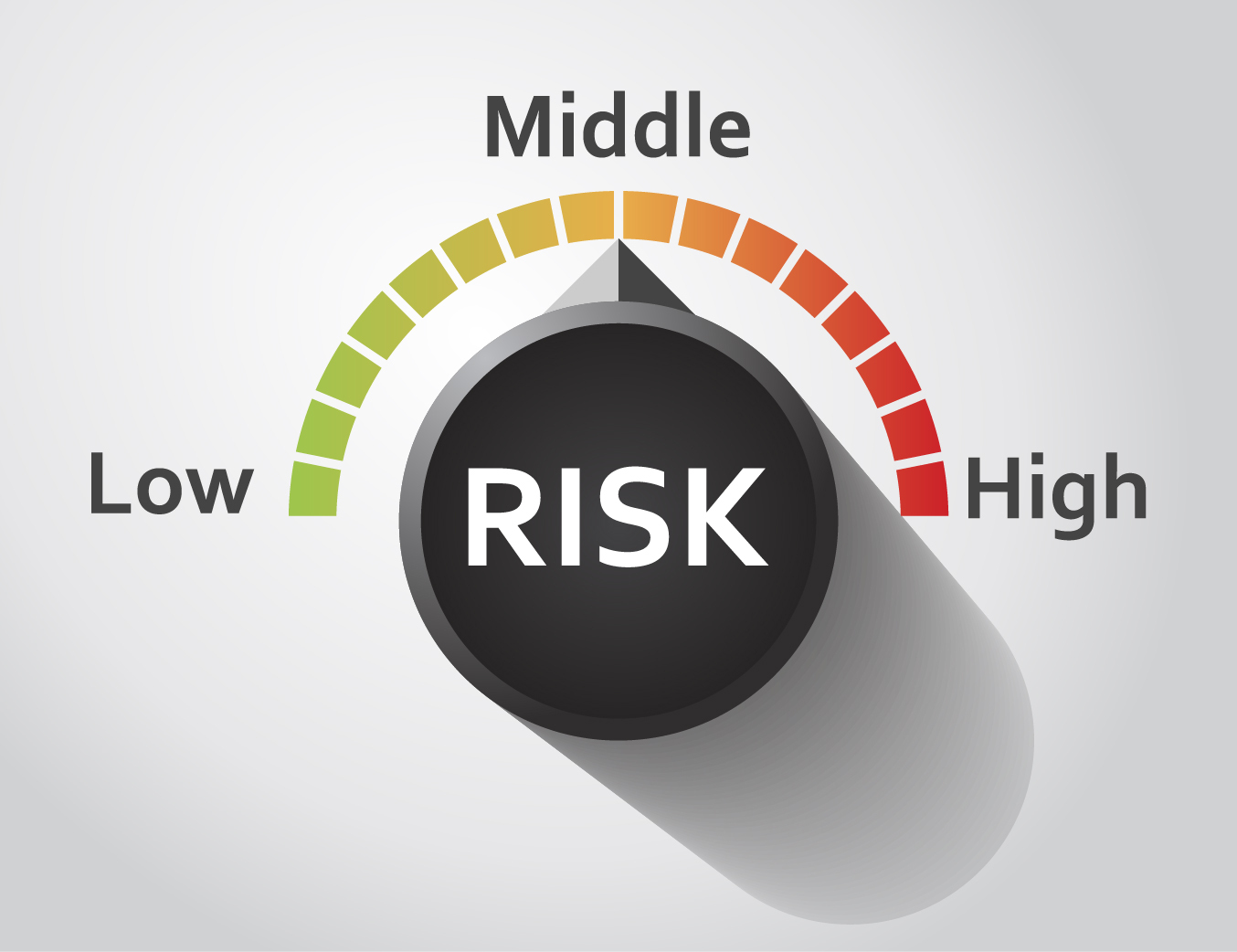History of Infections Boosts Risk of Developing Primary Sjögren’s Syndrome, Study Suggests

Having a history of infections, particularly respiratory, skin, and urogenital infections, increases the risk of developing primary Sjögren’s syndrome, according to a population-based study in Sweden.
The study, “Infections increase the risk of developing Sjögren’s syndrome,” appeared in the Journal of Internal Medicine.
Environmental factors have been implicated in the development of Sjögren’s syndrome, with both viral and bacterial infections being suggested as triggers, but a definitive clinical association is still lacking.
Aiming to address this gap, a team from Sweden conducted a study in 945 well-characterized primary Sjögren’s syndrome (pSS) patients and 9,048 controls.
Among the patients, 381 had detectable levels of both Ro/SSA and La/SSB autoantibodies — characteristic of the Sjögren’s patient population — while 657 had either one of the autoantibodies. The average age at diagnosis was 55 years, and was 7.6 years earlier in autoantibody-positive patients than in those without such antibodies.
The participants’ medical information was assessed via the National Patient Register before diagnosis and over approximately 16 years. Also, the scientists evaluated if a potential link depended on the route of infection or infected organ systems, as well as on the levels of Ro/SSA and La/SSB autoantibodies.
The results revealed that a history of infections correlated with a greater risk for developing Sjögren’s syndrome. They were more frequent in Sjögren’s patients (21.4%) than in the controls (12.9%). This association was particularly evident in SSA/SSB autoantibody-positive patients, whose risk was greater if they have a history of multiple respiratory, skin, or urogenital infections.
“We observed that individuals with a history of infection treated in inpatient or non-primary outpatient care had a two-fold increased risk of developing pSS,” the researchers stated.
When looking at different organ systems, they found that respiratory infections increased the risk for Sjögren’s in patients with or without autoantibodies, while skin and urogenital infections were only associated with higher risk of autoantibody-positive primary Sjögren’s syndrome. In contrast, no link was found between gastrointestinal infections and Sjögren’s development.
“In summary, we report here an increased likelihood of developing pSS following a history of infections, with the association most prominent for Ro/SSA and La/SSB autoantibody-positive patients,” the scientists wrote.
“To design strategies to prevent rheumatic diseases, we need to learn how and why they develop. This is a step in that direction,” Marie Wahren-Herlenius, the study’s senior author, said in a press release.






